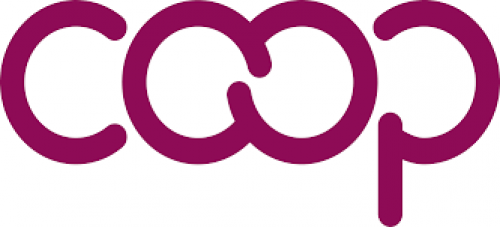16 April 2021 at 23:55
By; Hajj Abdel-Manan Abdel-Rahman,
MUDI Group CEO
Over the years, the Muslims in Ghana had no choice than to use the conventional financial systems from banks to insurance and capital market instruments for their day-to-day financial and business needs because there were no alternatives. But as the awareness grew within the community on the need to structure their financial transactions in line with their religious beliefs and to jettison riba or interest-bearing transactions, the community had to create certain alternatives themselves.
One of such alternatives is a co-operative society, which affords individual to make contributions and get loans from the pull of funds without having to pay interest on the loan. This approach serves as a smart way to go around riba (interest based) among the Muslims, thus creating opportunities to have funds for their business growth in a way that is consistent with halal.
At the moment, there are various MUDI halal co-operative societies that are making effort in this regard. The modus operandi is very unique and if followed to the letter it has and will continuously ensure that Muslims who are averse to taking interest bearing loans can have an alternative to funding their personal and business needs in a way that is consistent with halal.
Below are some of the highlights on how MUDI co-operatives operates:
1. Minimum of ten people of like-minds come together to float a co-operative society.
2. The body is registered with the Department of cooperative as required by the cooperative societies act 1968.
3. The members elect leaders among themselves to chat the course of the organization.
4. Each member commit to a fixed or variable monthly contribution, in some cases the society can charge an annual membership fee.
5. The pull of funds will be administered by the society and it’s invested in a viable and Halal venture, returns from such investments are used to run the day-to-day activities of the society and at the end of the year dividend are paid to the members based on their shareholding.
6. Each member of the society can apply for an interest free loan based on the total value of the contributions in their account, this varies across societies, in some cases it can be up to 100% or more of the members’ contributions. The payback period for the loan also varies from 6 to 12 months depending on the society and their financial capability.
7. The society also help her member make purchases of house-hold items, these items are sold to the members at a mark-up fee using the Murabaha concept of Islamic finance, with this approach the members have the opportunity of spreading the payment over a given period of time and the society also make profit, thus creating a symbiotic relationship where both parties wins as opposed to the interest bearing facilities where the banks are the winners at all times.
8. The society can also engage in a joint purchase of landed property using the economy of scale to negotiate for the property, same is now sold to the members at a marked-up profit payable over a period of time.
9. The society has Hajj investment plan which is meant to assist members to accumulate money through regular instalment plans for the performance of Hajj or Umrah.
10. To enable members to create a fund to cater for children’s future and to inculcate savings and investment culture in their children, the society has also introduced kiddie invest
These are a few highlights of the modus operandi of how MUDI Multipurpose co-operative society should run. For us to break off from the riba dominated financial transactions, we need to have as many of such co-operative societies as possible to serve our interest.
At MUDI Multi-Purpose Co-operative, we are well poised to assist in setting up such societies based on our experience and understanding of the Islamic cooperative system.
